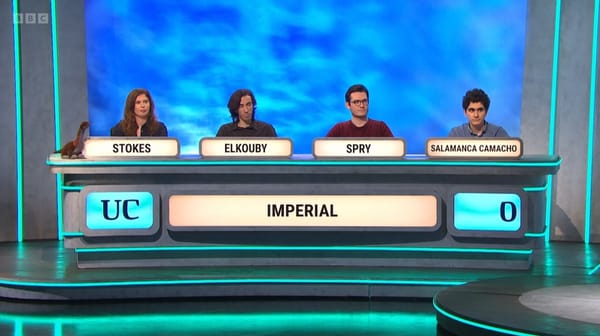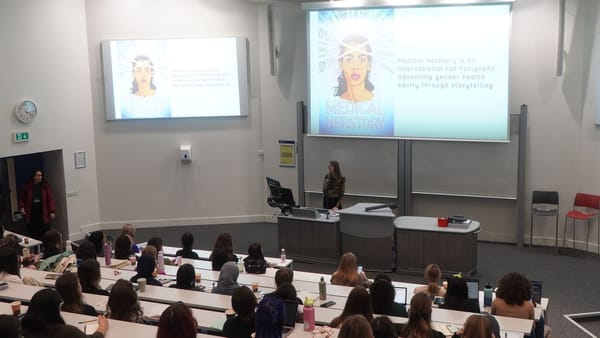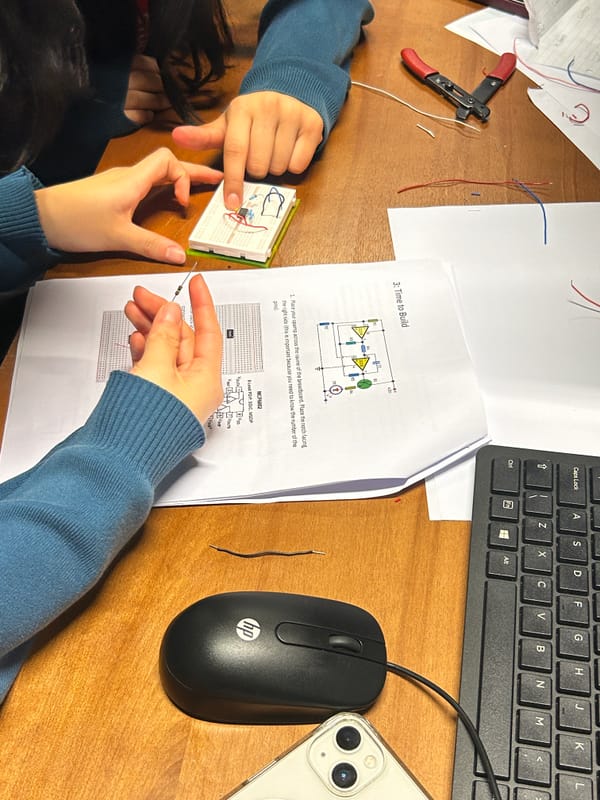La Traviata continues to delight

Verdi’s La Traviata is undoubtedly one of the most well-loved and familiar operas of all time. First performed in London at Her Majesty’s Theatre in 1856, it is now the most-performed opera in the world. This particular production of the Royal Opera House, directed by Richard Eyre, celebrates its 25th anniversary this year.
Across the years, many sopranos have sung Violetta in various productions. But few have managed to embody Violetta, the famed courtesan and ‘fallen woman’ of the title. Angel Blue is certainly one of them. In the American soprano’s Royal Opera House debut, Violetta blossomed into life on stage, drawing the audience into her tale of passion, sacrifice and sorrow. From the heights of merriment in the drinking song - Libiamo ne’ lieti calici - to the troughs of sorrow and longing in her last song before she dies, Blue perfectly embodies the rich emotion that carries Violetta and the opera through.
Blue was a delight as part of the second cast of this production. Her voice was rich and multi-layered, and the emotion in her arias so palpable one could almost touch it in the air. Violetta’s passion, and subsequent sacrifice of her happiness for the reputation of Alfredo, were beautifully put across. In one of the most perfectly-executed scenes, Giorgio, Alfredo’s father (Simone Piazzola), comes to ask Violetta to leave his son for the sake of his family’s reputation. The tension hangs in the air as Giorgio starts off contemptuous, only to be gradually touched by Violetta’s sincerity. Violetta is devastated, then remorseful, as she agrees to sacrifice her life with Alfredo for Giorgio’s daughter, telling him that his ‘young and pure’ daughter must know of her sacrifice in the future. Piazzola’s Giorgio fully understands that his request is a selfish one - however, it is one he believes he is entitled to in view of Violetta’s status as a courtesan. The way he flinched when Violetta asked him to embrace her as a daughter was telling of his contempt that later melts into respect and remorse.
Blue’s Violetta stands her ground, walking a fine line between self-respect and her unconditional love for Alfredo. She plays neither the innocent victim nor the wronged woman. Instead, she faces her fate with a kind of stoic resignation and a respectability at odds with the reputation that Giorgio accuses her of.
Benjamin Bernheim’s Alfredo, on the other hand, starts off shy and tentative as he meets Violetta for the first time at her party, then shines with happiness when they are living together in the country. When Violetta leaves him at his father’s behest, Alfredo reveals his stubbornness - his belief that the Baron had taken Violetta away from him made him truly unpleasant at Flora’s party later on, where he throws his gambling winnings at her as ‘payment’ for her time with him. Bernheim perfectly captured the hurt and insult that Alfredo felt, and the loss of control that led to his outburst, and the remorse that wrecks him immediately after.
La Traviata is such an oft-performed and classic opera that it is difficult to do anything fresh without appearing contrived. However, in this production the cast have provided subtly fresh interpretations of their roles in front of a grand, gilded set that transports us to 1850s Paris. It definitely ranks as one of the more interesting productions of La Traviata in recent years.
-4.5 stars








